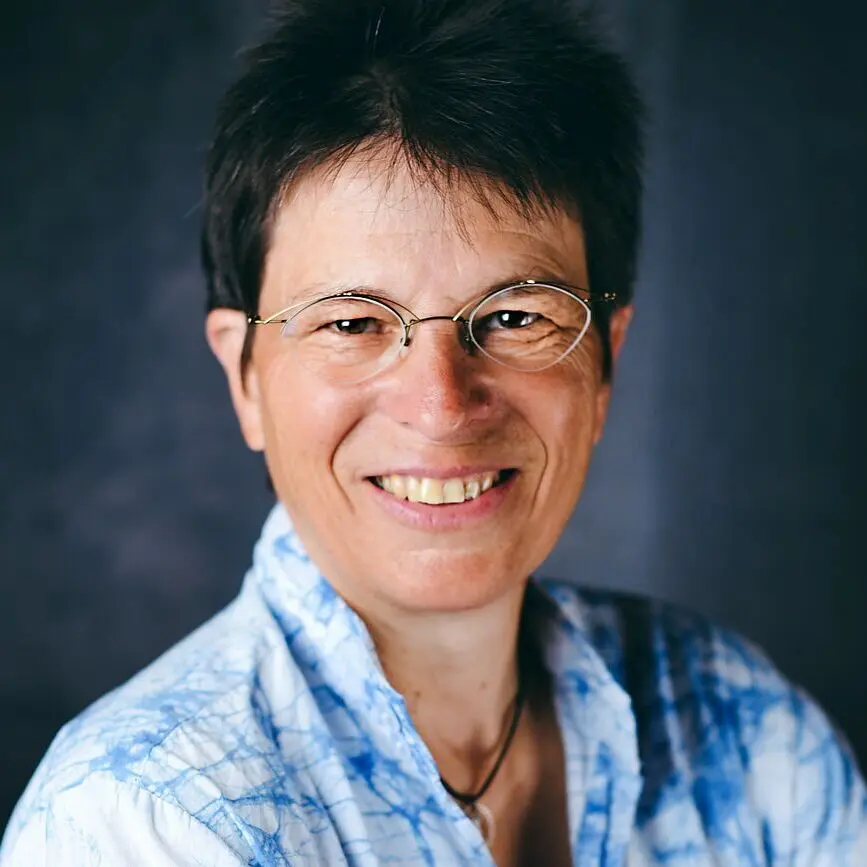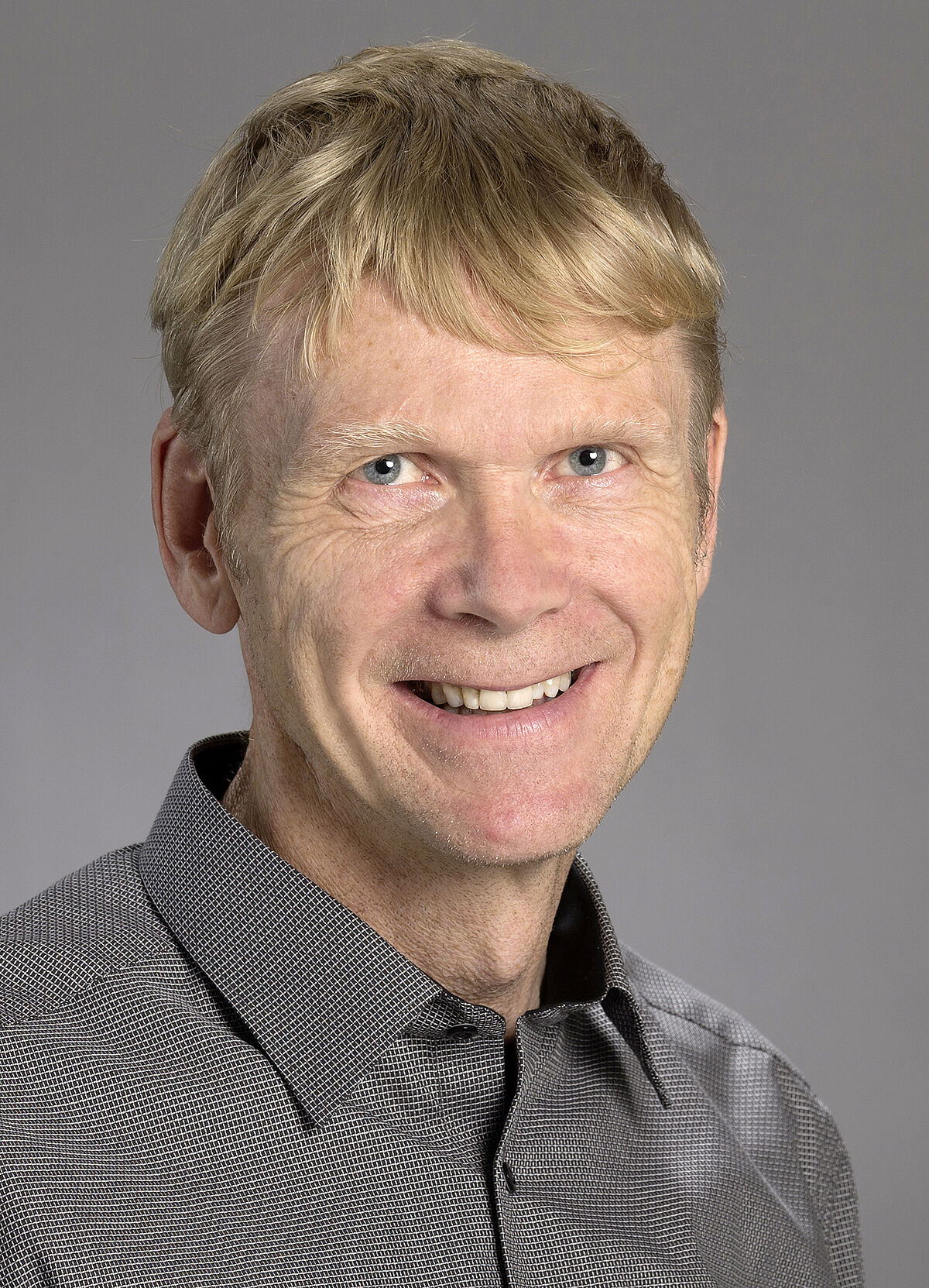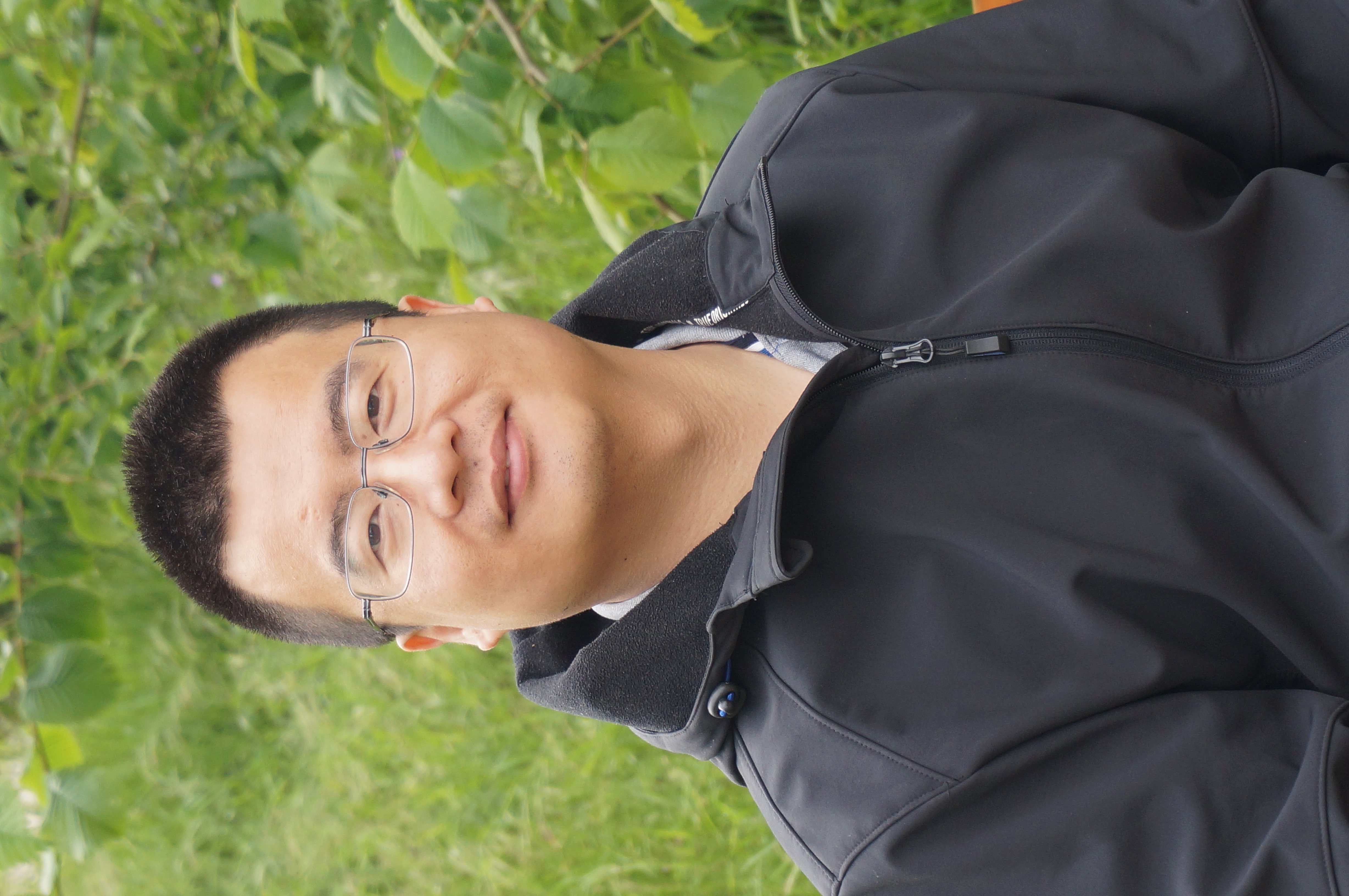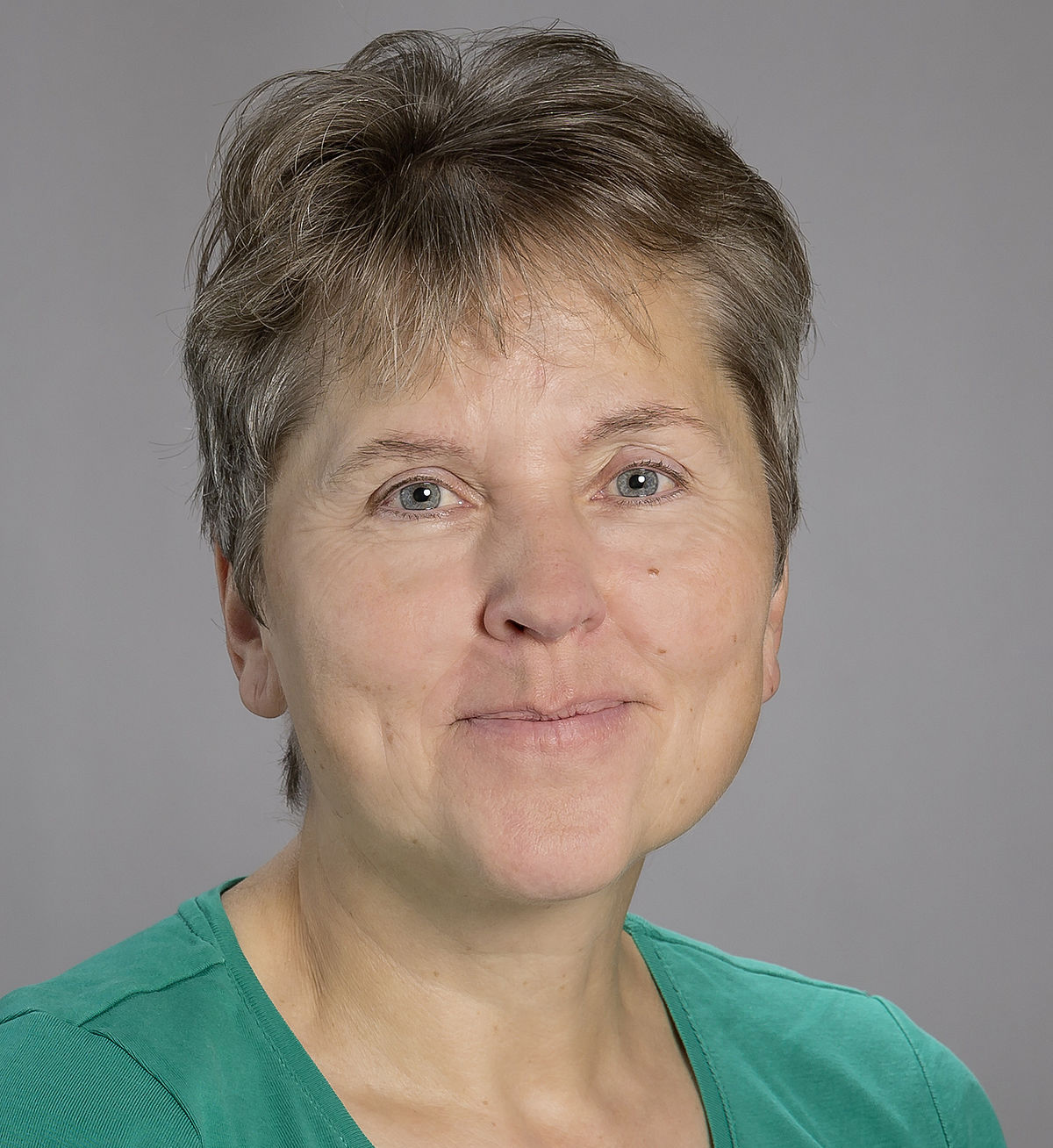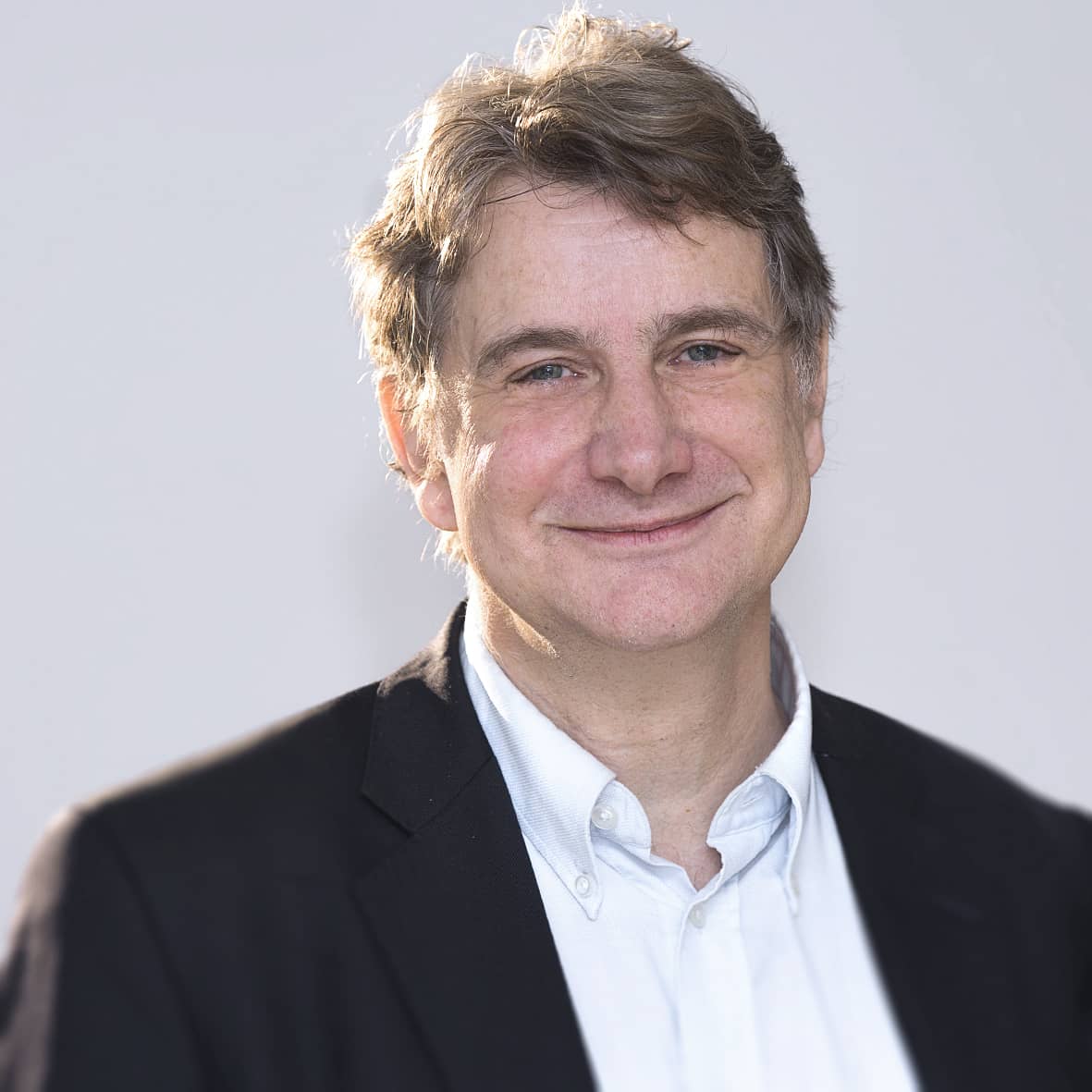„Vulnerable
Coastal
Ecosystems“
4 - 10 September
2023
"Vulnerable Coastal Ecosystems“
Challenges and consequences of increasing frequencies of extreme events
Global climate change comes with an increase in the frequency of extreme events such as storm surges and droughts. An extreme event can generate threshold values in, for instance, sea level or soil water deficit with severe consequences for coastal ecosystems. If a tipping point is reached, a shift in bio-geochemical processes could occur and last for decades. A possible consequence of this is the breakdown of ecosystem functions.
The Research Summer Camp brings together young PhD and advanced Master students who are planning a PhD study as well as Postdocs from all around the globe. Plenary sessions, keynote speeches and parallel work groups are held in a casual atmosphere designed to foster discussions on the topic of "Shifts in bio-geochemical processes following extreme events" (chair: Prof. Bernd Lennartz) The working group is led by Prof. Bernd Lennartz and Dr. Haojie Liu of the University of Rostock. Depending on the outcome of the discussions and work groups, the idea is to draft a joint paper, to identify knowledge gaps, to work on a common available database and maybe to develop a prospective research project. The Research Camp takes an interdisciplinary approach and is aimed at anyone with an interest in coastal sciences in the broadest sense.
Participants in the Research Summer Camp are expected to contribute their experiences gained from case studies, data analysis, write-ups, and so on. We aim to generate tangible output, including a review paper that will be published in an international journal.
The working group is led by Prof. Bernd Lennartz and Dr. Haojie Liu of the University of Rostock. Depending on the outcome of the discussions and work groups, the idea is to draft a joint paper, to identify knowledge gaps, to work on a common available database and maybe to develop a prospective research project. The Research Camp takes an interdisciplinary approach and is aimed at anyone with an interest in coastal sciences in the broadest sense.
Costs & Fees
Participants must pay for their own travel expenses (arrival and departure) and meals. Accommodation (including breakfast) will be provided by the University of Rostock. The cost of the excursion is also paid by the University of Rostock. Entrance fees and costs incurred by the framework programme must be covered by the participants.
In individual cases and for students from certain universities, certain costs may be covered. Please contact us for further information.
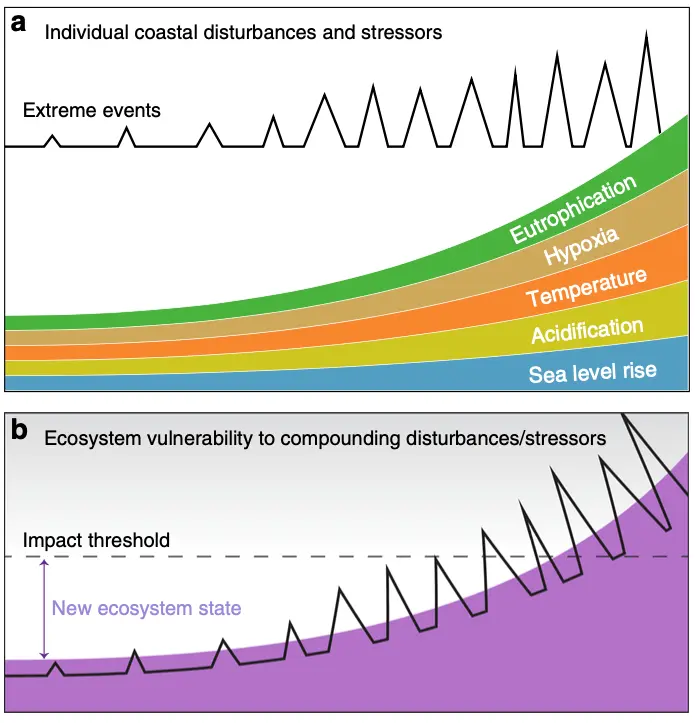
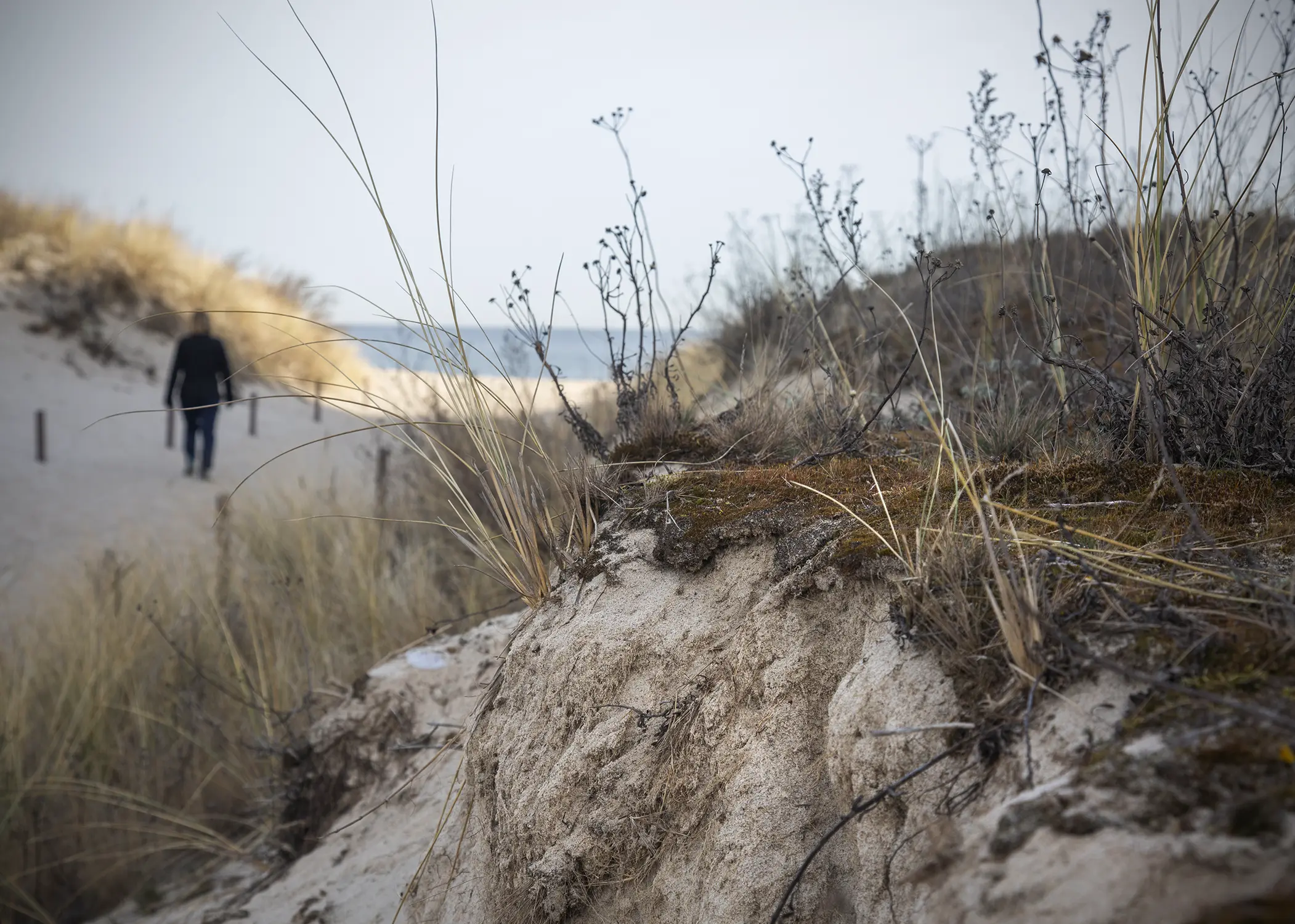
Working group (chair: Prof. Bernd Lennartz)
Shifts in bio-geochemical processes following extreme events
Extreme events can cause a shift in geochemical boundary conditions at coastal sites. For instance, a coastal wetland that was previously disconnected from the sea could be flooded with saline water during a storm event. How does increased salinity change carbon sequestration and nutrient cycling? Likewise, a coastal wetland could be subjected to extreme droughts, causing alternations to geochemical cycling processes
(e.g. greenhouse gas emissions) and a shift in local plant communities. The 'Shifts in bio-geochemical processes following extreme events' research topic seeks to study the severity of changes observable after extreme events. It is also important to assess how long a system shift might last.
- Case studies of extreme events
- Flooding of low-lying coastal sites
- Extreme drought and high temperature events
- Indicators for a regime shift in geo-chemical cycling and biological setting
- Changes in physical properties of soils and sediments following extreme events
The idea of the summer camp is to work together on data sets, which are provided by the participants, for instance by testing methods of time series analysis. We are looking to develop an interesting narrative to go with these case studies that can then be taken to the science community.
